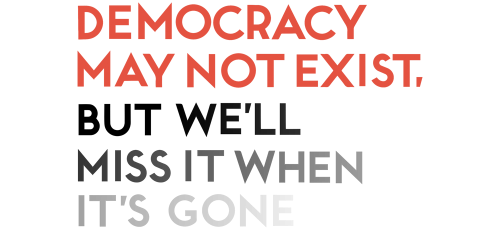
Astra Taylor
What is democracy? Since this deceptively simple question first came into my mind, I haven’t been able to shake it. We think we understand the word, but what are we really referring to when we talk about a system in which the people rule themselves?
The word democracy is all around us, invoked in almost every conceivable context: government, business, technology, education, and media. At the same time, its meaning, taken as self-evident, is rarely given much serious consideration. Though the headlines tell us democracy is in “crisis,” we don’t have a clear conception of what it is that is at risk. The significance of the democratic ideal, as well as its practical substance, is surprisingly elusive.
The Disappearing Woman and Life on the Internet
Astra Taylor
The Web is regularly hailed for its “openness” and that’s where the confusion begins, since “open” in no way means “equal.” While the Internet may create space for many voices, it also reflects and often amplifies real-world inequities in striking ways. An elaborate system organized around hubs and links, the Web has a surprising degree of inequality built into its very architecture. Its traffic, for instance, tends to be distributed according to “power laws,” which follow what’s known as the 80/20 rule — 80% of a desirable resource goes to 20% of the population. In fact, as anyone knows who has followed the histories of Google, Apple, Amazon, and Facebook, now among the biggest companies in the world, the Web is increasingly a winner-take-all, rich-get-richer sort of place, which means the disparate percentages in those power laws are only likely to look uglier over time. Powerful and exceedingly familiar hierarchies […]

